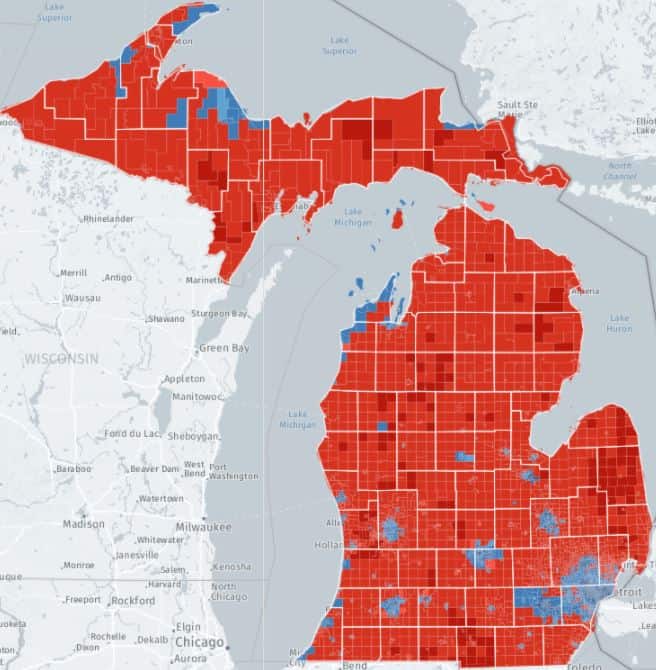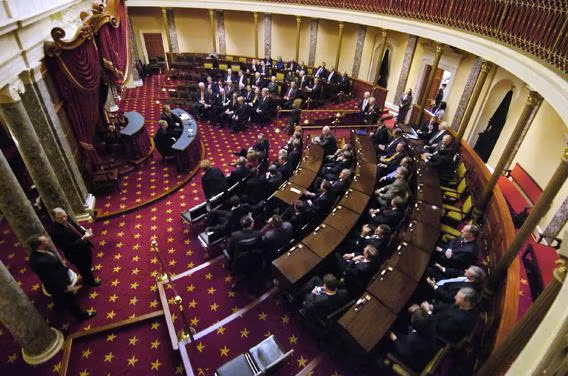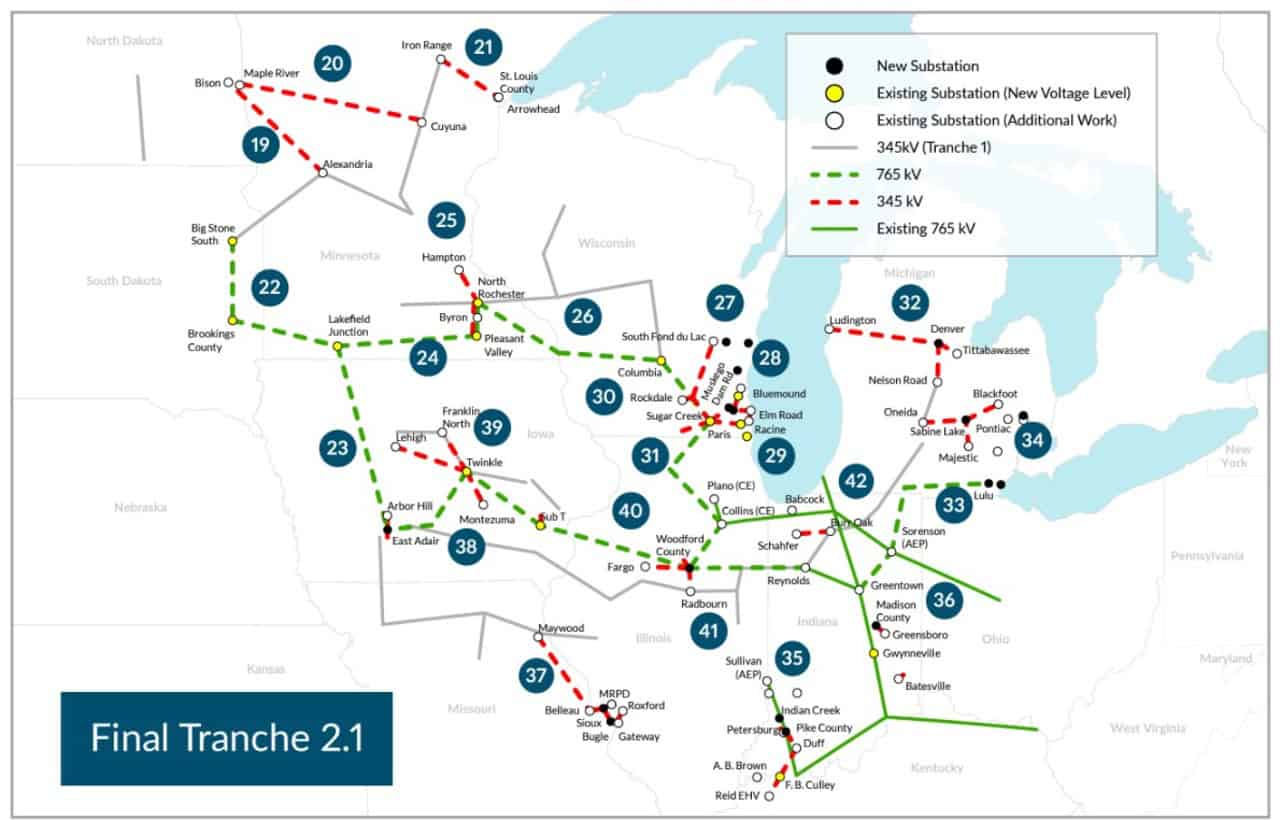LANSING – Through June, local school
districts, local governments, universities and the state have gone to the
financial markets to float more than $5.25 billion in bonds, a figure well more
than twice as much governing units issued in bonds in the same time in 2014.
Much of that increase is driven by
local school districts who issued refunding bonds, which are being seen largely
because schools issued bonds in 2005 and most have 10-year call provisions.
Plus, local governments and the
state can also still take advantage of low interest rates. Some of the activity
might be affected by the chance that the Federal Reserve will raise interest
rates later this year, but financial experts doubted that played a major role.
However, the refunding actions would
end up saving taxpayers money both because interest rates are low and because
the refunding bonds would be for a shorter period of time – 20 years instead of
30, for example – which also would get lower rates because of a shorter period
to pay off the bonds, said Brenda Voutyras of the Okemos office of Stiffel,
Nicolaus & Company.
While dozens of school districts all
across the state went to the market, most the biggest individual issues were
raised by the state and the largest universities.
Chippewa Valley Schools, however,
did issue two sets of refunding bonds in May that totaled more than $233
million.
In February, the Michigan Finance
Authority issued $192.6 million in bonds for Detroit schools.
Still, most of the individual
issues, especially from school districts, were far smaller, at a rate of less
than $10 million. In June, for example, Harbor Springs Public Schools floated
one of the smallest issues of the year: $1.2 million in school building bonds.
By comparison, a total of $1.83
billion in bonds had been issued by state and local agencies in June 2014. Of
that, $1 billion was issued in June 2014 alone.
Of the $5.25 billion issued thus far
this year, $1.42 billion was issued in March alone.
Governments have been active all
year thus far (though the number of bonds issued in July so far has been far
slower than the rest of 2015). A total of $955.45 million were issued in
January, another $837.15 million were issued in February, $1.428 billion in
March and another $813.1 million issued in April.
May was a bit of a breather for the
state with just $395.86 million in bonds issued. In June, $633.5 million in
bonds were issued.
That governments, especially
schools, have been so active this year is no surprise, Voutyras said. Her
office, which works primarily with local schools, worked on 180 issues in 2005
alone, which was also historically the biggest year for bond issues in the
state.
Those bonds have 10-year call windows
(when many of the bonds can be redeemed), so the bonds are being refunded and
at a savings to local taxpayers, she said.
David Martel of the Michigan
Association of School Business Officers said school finance officers typically
look to refund when they can save as much as 2 percentage points. But with
interest rates still so low, he said he has seen refunding bonds that have
saved as 10 percentage points.
“It’s a no-brainer” on
refunding, Martel said.
Voutyras said along with refunding,
there have been some new school construction bonds issued as the state’s
economy has improved and local voters have approved new bond issues.
This story was published by Gongwer News Service. To
subscribe, click on www.gongwer.com






